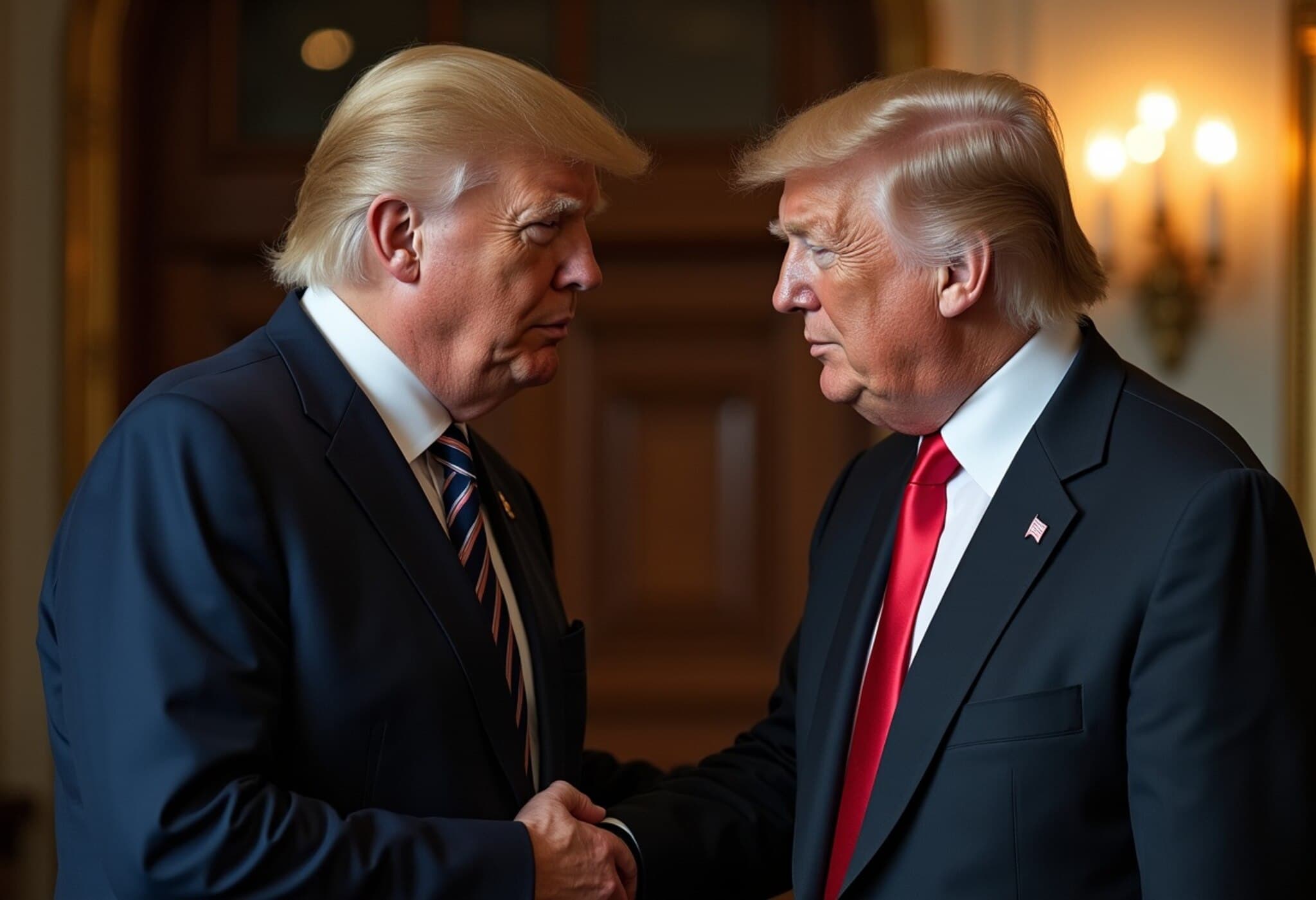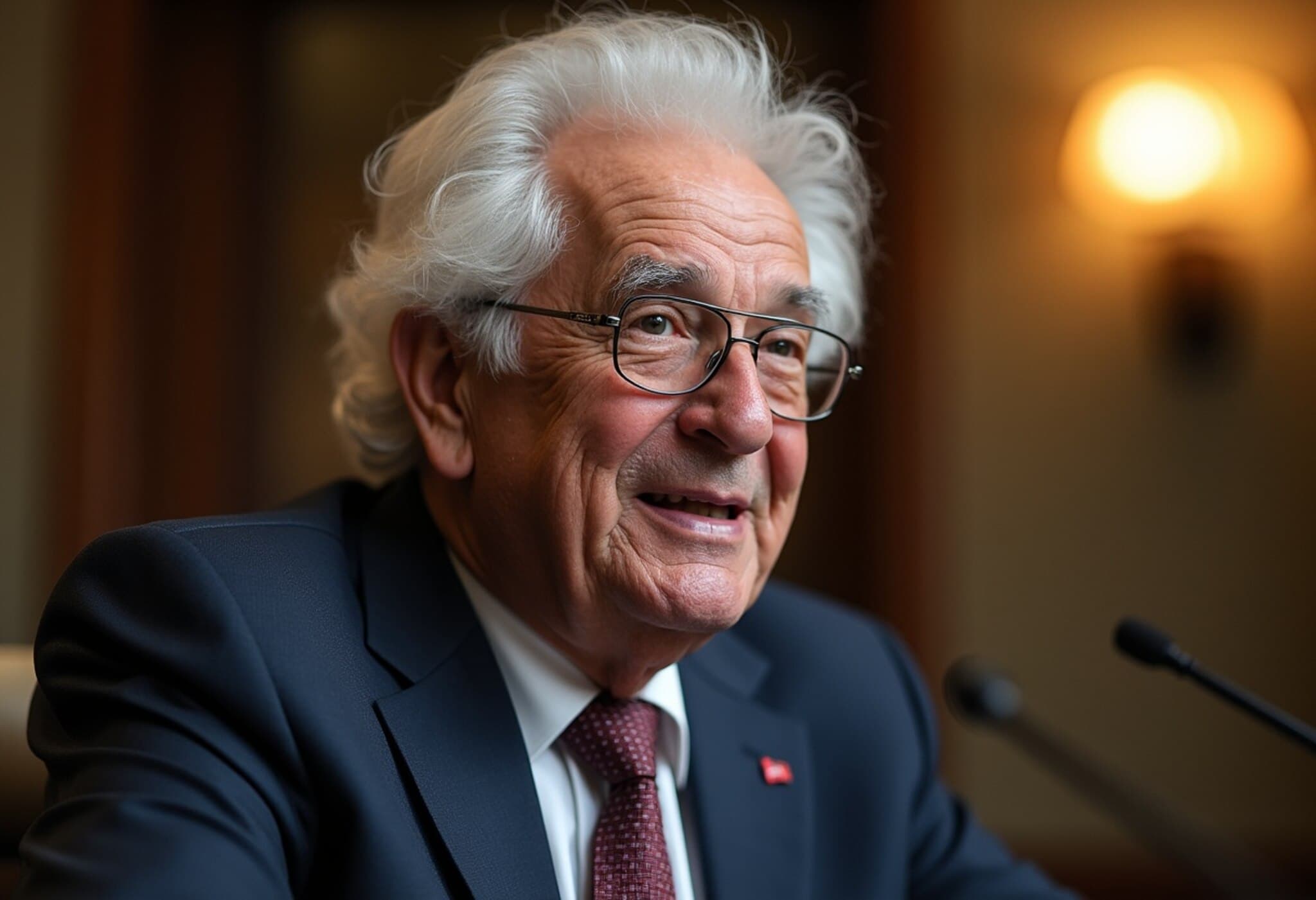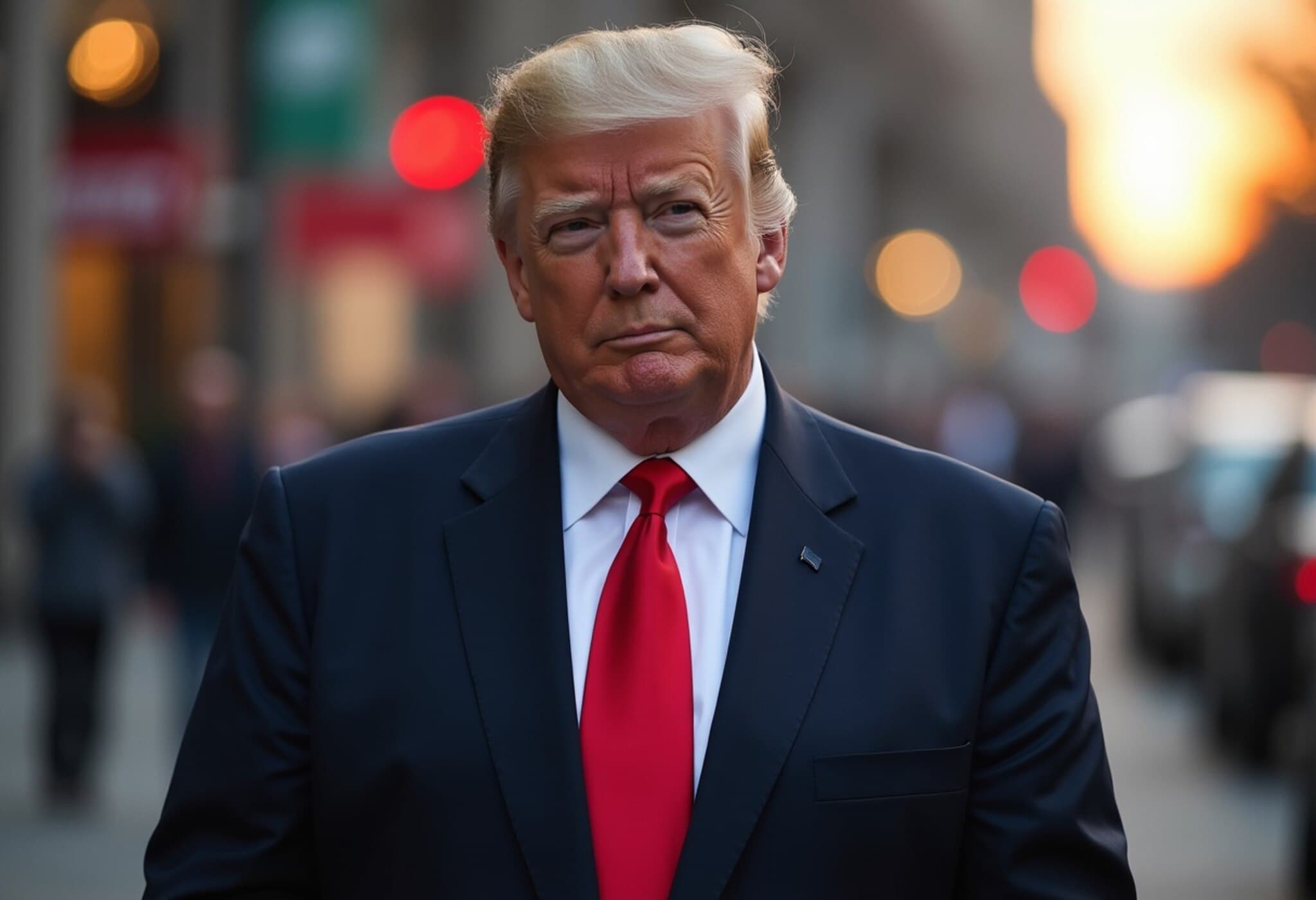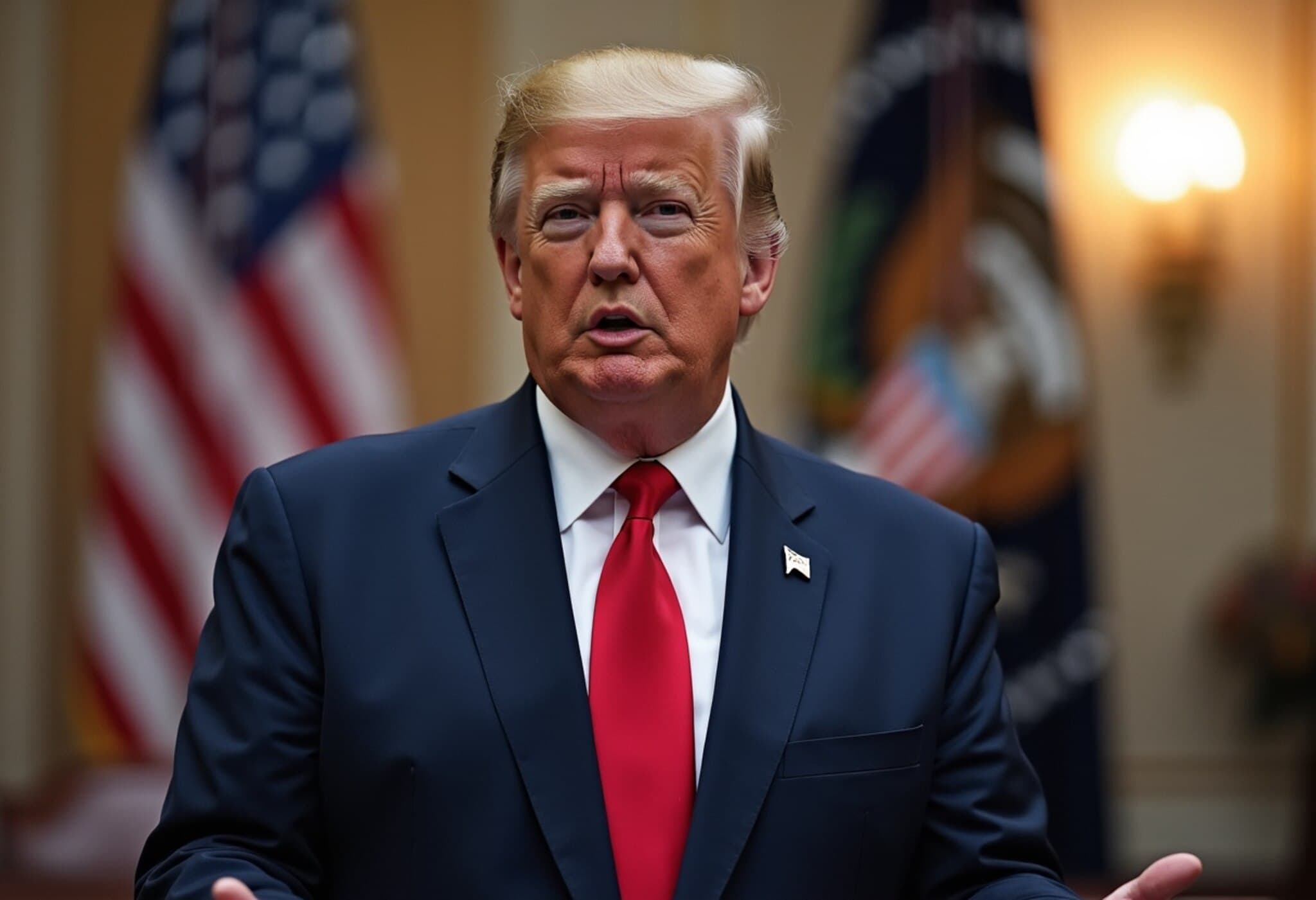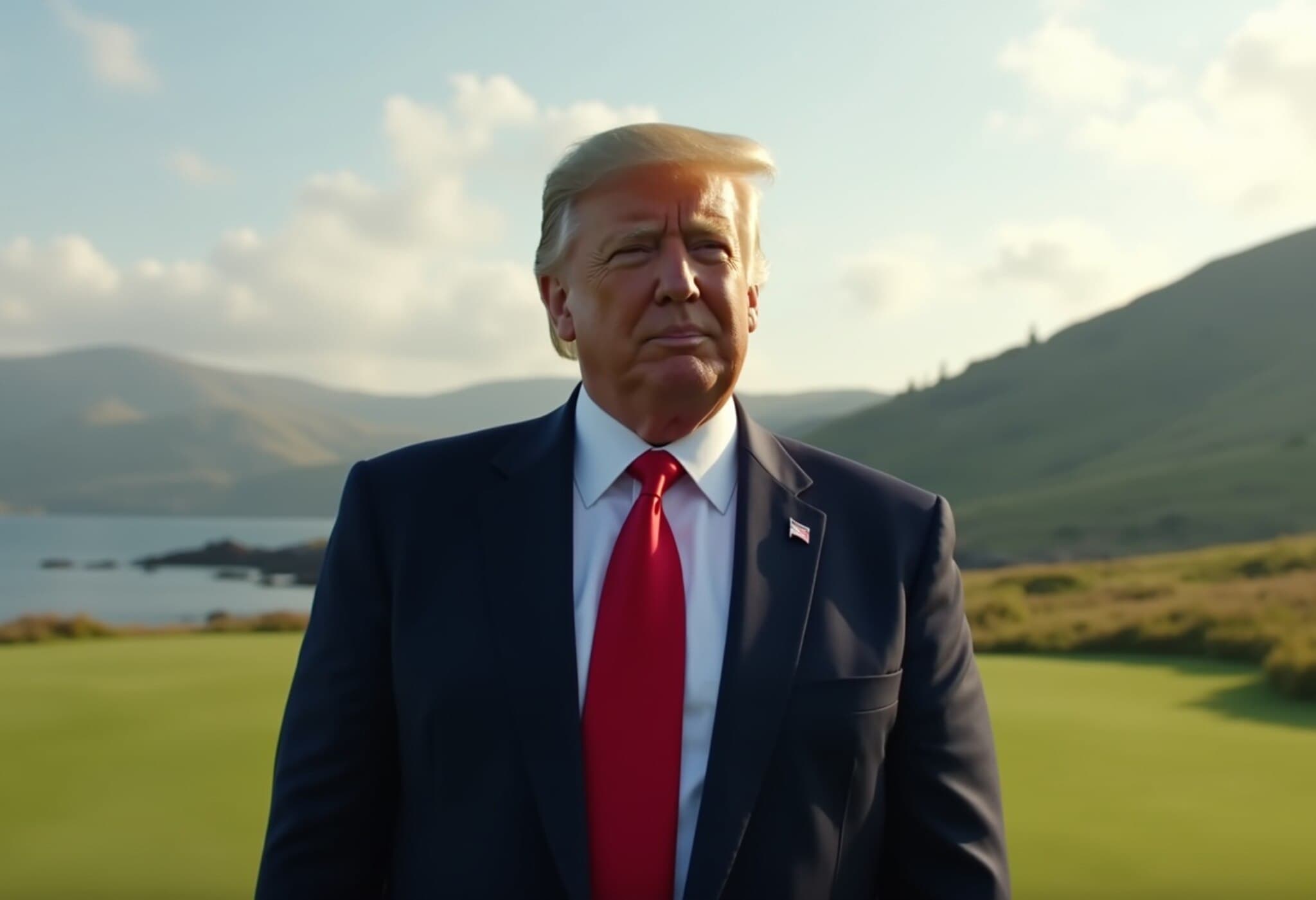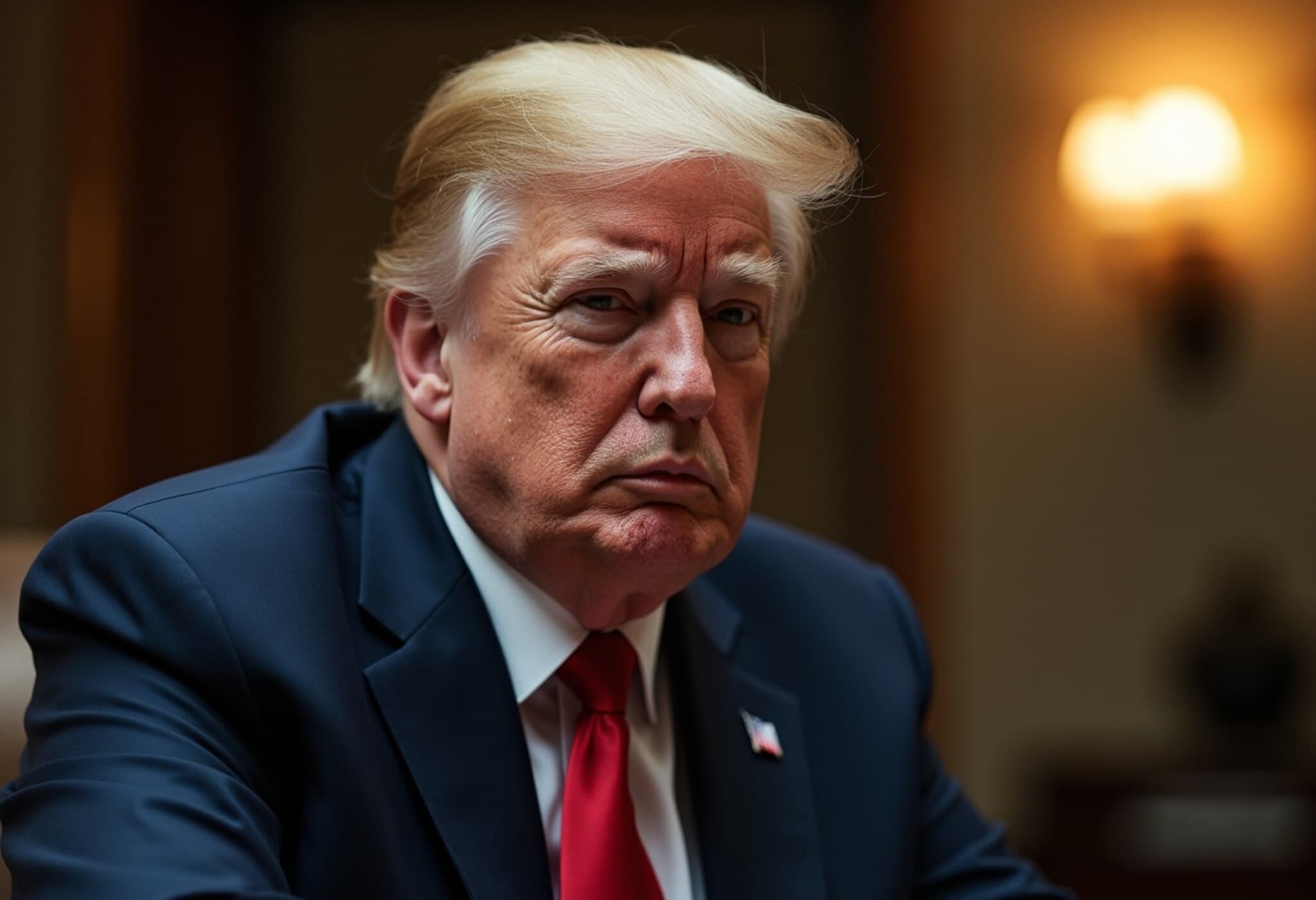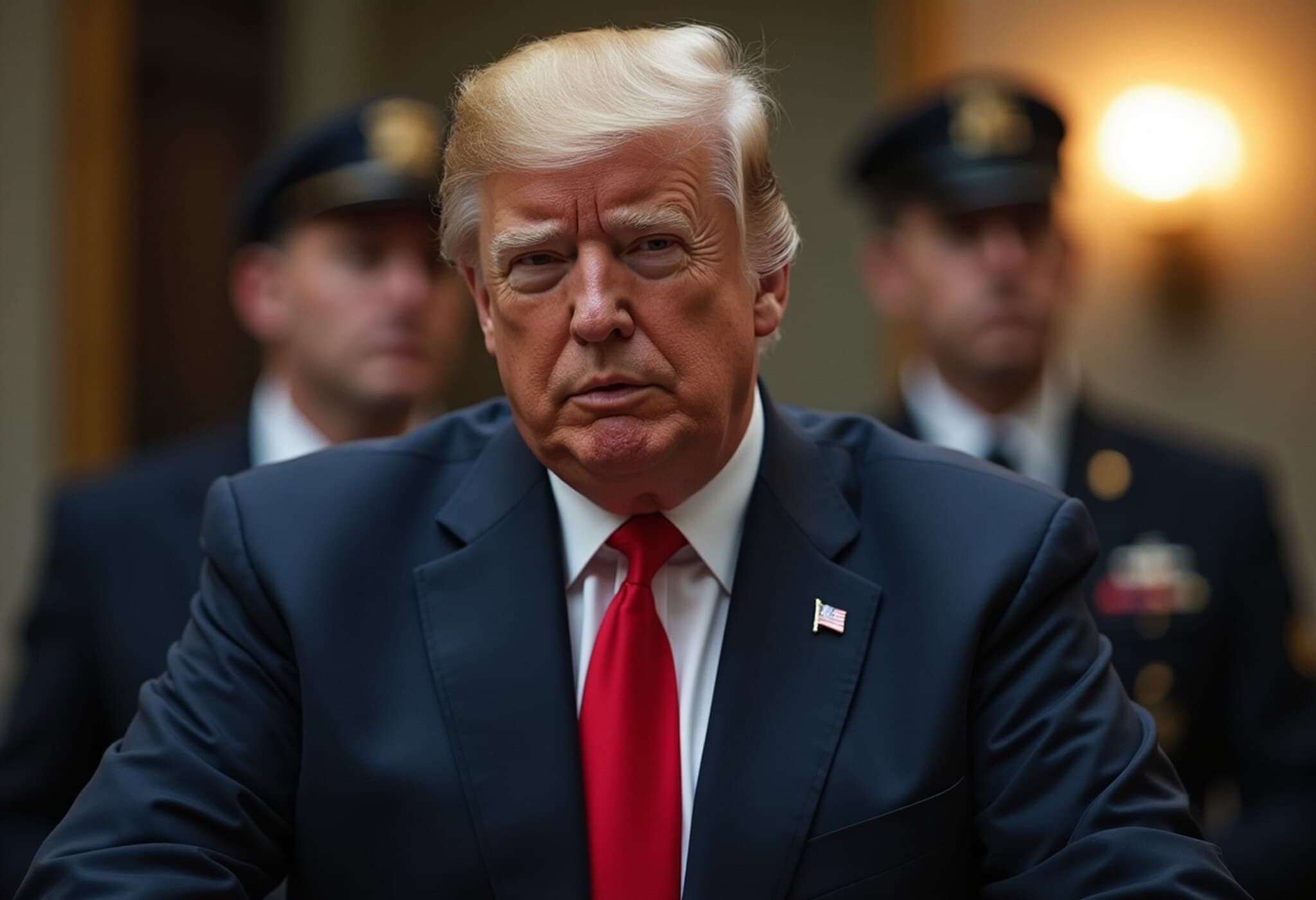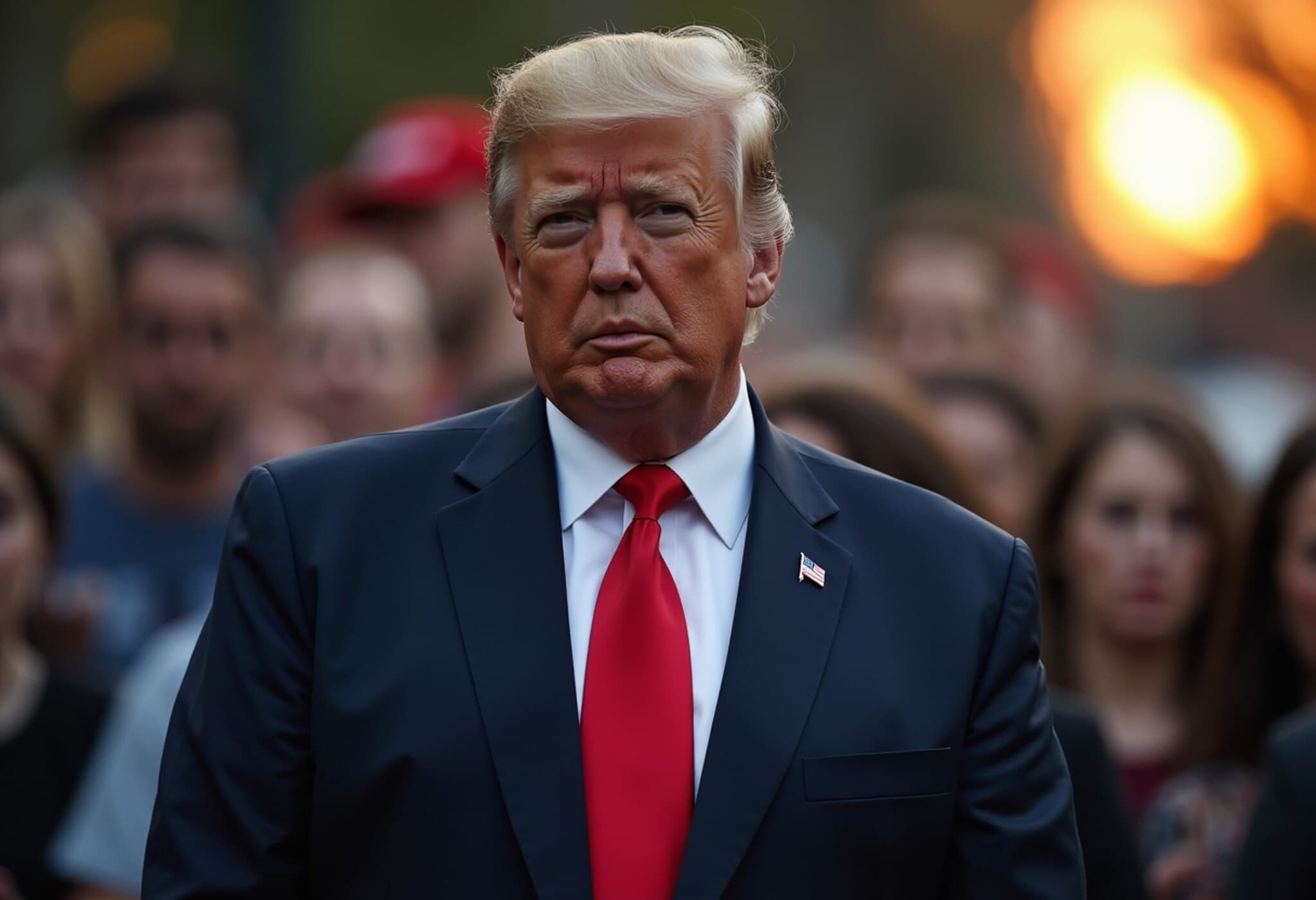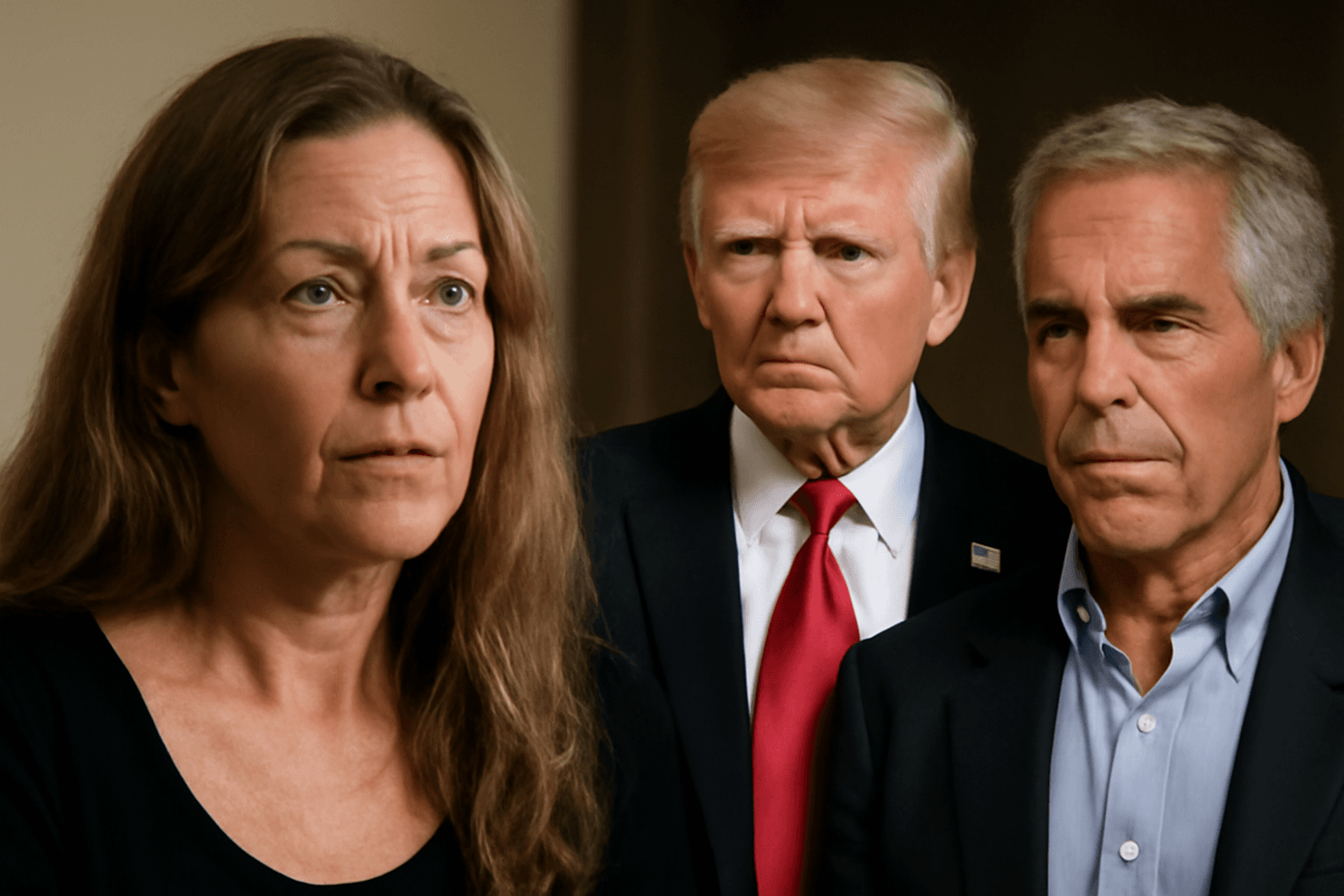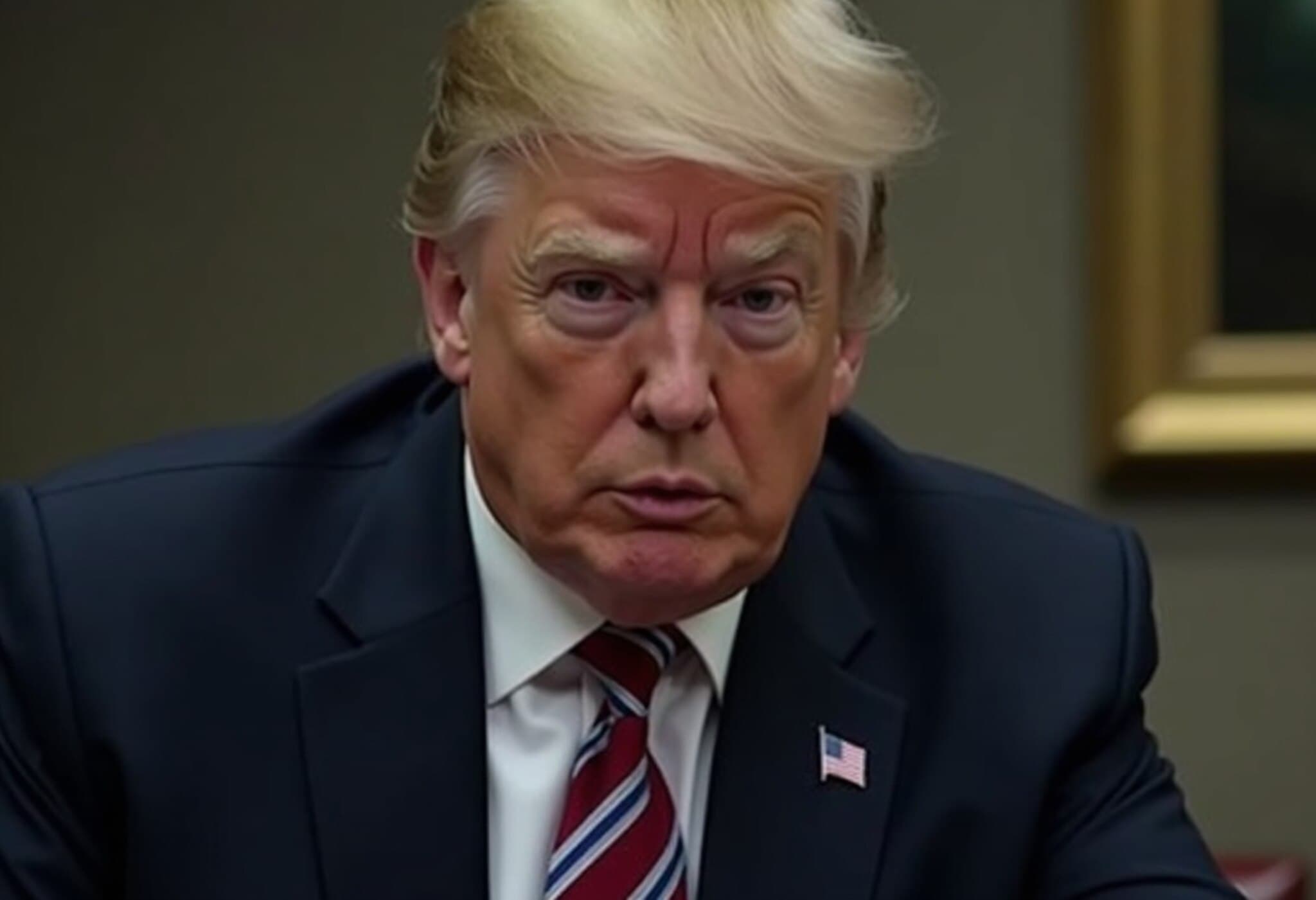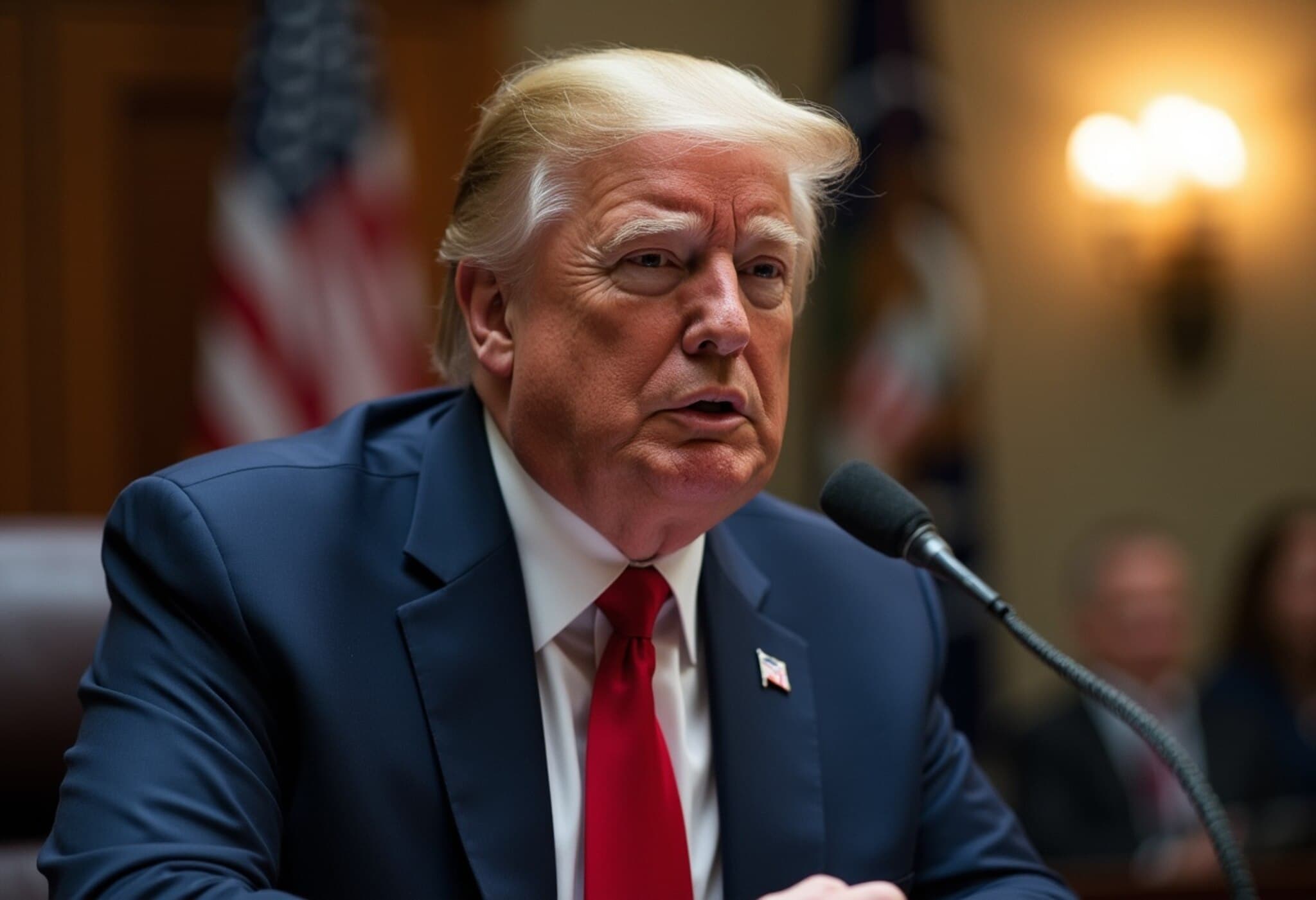The Secret Recordings That Could Unveil Donald Trump’s True Connection to Jeffrey Epstein
For years, rumors around Donald Trump’s relationship with the late Jeffrey Epstein have stirred curiosity and controversy. Now, decades of private recordings, amassed by journalist Michael Wolff, may finally shed light on the nature and depth of their friendship — and offer new perspectives on the unfolded scandals.
Michael Wolff’s Longstanding Investigation
Michael Wolff, renowned for his incisive coverage of Trump’s presidency through bestselling books, has been sitting on a trove of nearly 100 hours of interviews and recordings featuring Epstein. Beginning five years before Epstein’s death in 2019, Wolff’s extensive access to Epstein’s inner circle includes candid conversations and rare glimpses inside Epstein’s New York mansion — yet most media outlets have avoided the fully explosive content due to legal and reputational risks.
Wolff laments the delayed public attention: “I have been beating this horse for a very, very long time. It is baffling that such a significant story was ignored for so long despite being in plain view.”
The Trump-Epstein Connection: A Complicated History
Trump’s association with Epstein stretches back to the late 1980s and 1990s—a time marked by a culture where wealth seemed to absolve many societal norms. Former acquaintances described both men as emblematic of a privileged “playboy era” fueled by excess and entitlement.
- They were reportedly close friends between 1988 and 2004, sharing social circles, parties, and business ventures, including ventures in the modeling industry.
- Epstein referred to Trump as his “best friend” for a decade, while Trump publicly praised Epstein in a 2002 interview, saying, “He likes beautiful women as much as I do, and many of them are on the younger side.”
- Exclusive allegations include Epstein’s collection of Polaroids from Trump’s pool parties, with some images reportedly involving topless young women.
Their relationship soured in 2004 after a disputed real estate deal, but by then Epstein’s name was already entwined with criminal investigations involving sex trafficking and the abuse of underage girls—a shadow that Trump has grappled to distance himself from publicly.
The Impact of the Epstein Scandal on Trump’s Political Arena
During Trump’s presidency, Epstein’s arrest and subsequent death sparked conspiracy theories and political machinations. Trump’s supporters have long demanded the release of supposed secret documents regarding Epstein, hoping to expose high-level enablers, including political rivals like Bill Clinton—who consistently denied involvement.
Yet, Trump himself retreated from promises to reveal explosive details, even as allies like former General Mike Flynn warned that “Epstein affair is not going away.” This retreat has led to growing skepticism within MAGA circles.
Trump’s relations with the press have also strained, highlighted by his lawsuit against The Wall Street Journal over allegations involving a provocative birthday card sent to Epstein, which Trump denied. The White House banned the newspaper from covering official events, illustrating the tension surrounding Epstein coverage.
Michael Wolff’s Exclusive Insights from Epstein’s Inner Circle
Wolff’s unique position granted him access to elite dinners hosted by Epstein featuring high-profile figures from Bill Gates to former Prime Minister Ehud Barak. He describes these as men’s-club style gatherings, mostly devoid of women, discussing politics and economics while Epstein cultivated powerful connections.
Wolff also highlights the paradoxical nature of Epstein and Trump’s relationship during their heyday, characterizing them as driven by shared pursuits, particularly an obsession with youthful beauty and modeling enterprises. This nuanced framing complicates the often oversimplified public narrative of Epstein as purely a villain and Trump as an uninvolved figure.
Unanswered Questions and the Shadow of Epstein’s Death
Epstein’s 2019 death, officially ruled a suicide under suspicious circumstances, remains a magnet for conjecture—especially given failures in surveillance and guard negligence on the night he died. Wolff reveals his chilling last communication from Epstein, underscoring the eerie and unresolved nature of the case.
These tapes, set against the backdrop of political unrest, raise critical questions about power, accountability, and the intricate alliances among America’s elite. Despite the sensationalism surrounding Epstein, Wolff stresses the difficulty journalists face in reporting on the intersections of sex, power, and consent in today’s complex cultural climate.
What Does This Mean for the Future?
- The resurfacing of Wolff’s recordings may pressure authorities and media to revisit Epstein’s network and its connections to influential figures.
- The public’s growing demand for transparency over elite misconduct challenges traditional media reticence around “too hot to handle” topics.
- It calls for a balanced, nuanced discussion acknowledging the gravity of sexual exploitation while navigating consent and victim narratives in the #MeToo era.
Editor’s Note
The unfolding revelations embedded in Michael Wolff’s secret recordings open a complex window into the entangled worlds of power, privilege, and scandal. They force us to confront uncomfortable truths about the intersections of fame and criminality, and the challenges in holding the powerful accountable. As public interest intensifies, the ethical imperative for thorough, courageous journalism has never been greater—alongside a mindful approach to the nuanced realities of victims and perpetrators alike.
Moving forward, critical questions remain: How will this evidence reshape public understanding of Trump’s associations? Will it prompt legal or political consequences? And crucially, how do we, as a society, grapple with the legacy of abuse hidden beneath glamour and influence?

